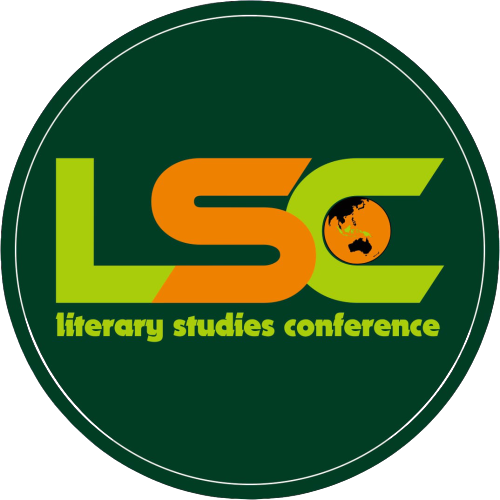Finding a Place for Translated Literature in Literary System

Harris Hermansyah Setiajid
Universitas Sebelas Maret,
Surakarta, Indonesia
harris@student.uns.ac.id
Until about the turn of the twentieth century, researchers eager to evaluate translated texts restricted their analysis to translated literature. They attempted to establish a comparative aesthetics of style and intended to demonstrate how lovely or even wonderful a particular expression is, how beautiful a particular flow of phrase was in the original, and how much of it was lost in translation.
It leads to a ceaseless debate whether all kinds of “ranslated literature are deemed to be called “literary translation.” Not every translation is recognized in the target culture as a literary translation, a work of literature that can stand on its own among the rest of the canon of literature in that country. In recent years, contemporary linguistics has transformed the way translated texts are studied. Literature translation is practically never studied by linguists who are interested in translation since it is considered too difficult from the perspective of entirely justified linguistic approaches to translation.
From the perspective of the polysystem Even-Zohar developed, the inadequacy of linguistic approaches to justify translated literature shows an obvious fact that literary works should not be studied in isolation but as part of a literary system. In other words, literary works are embedded in a system constantly in flux as a result of mutation and competition for supremacy amongst the literary works in the canon.
There should never be a sharp divide made between literary translation and translated literature. A subtle distinction should be used in its alternative. It has repercussions for the level of specialized skill required of literary translations. It does not necessarily indicate that the literary translation should be regarded as “of a higher degree” than that of translated literature.
Therefore, the paper tries to find a place for translated literature in a literary system from the polysystemic eye, which rejects ‘the fallacies of the traditional aesthetic approach’, an approach which dismisses ‘low’ literature and insignificant literary systems including the entire system of translated literature.
Keywords: literary system, polysystem, translated literature
About Harris Hermansyah Setiajid
Harris Hermansyah Setiajid, is a lecturer of the English Letters Department, Universitas Sanata Dharma, Yogyakarta. He earned his Sarjana Sastra in Literature from the English Department, Universitas Gadjah Mada, Yogyakarta in 1995, and received Magister Humaniora in Translation Studies from Universitas Sebelas Maret, Surakarta, in 2006. He also works as a free-lance translator and editor with several publishing houses. He is now pursuing a Ph.D. in Translation Studies at Universitas Sebelas Maret, Surakarta.

